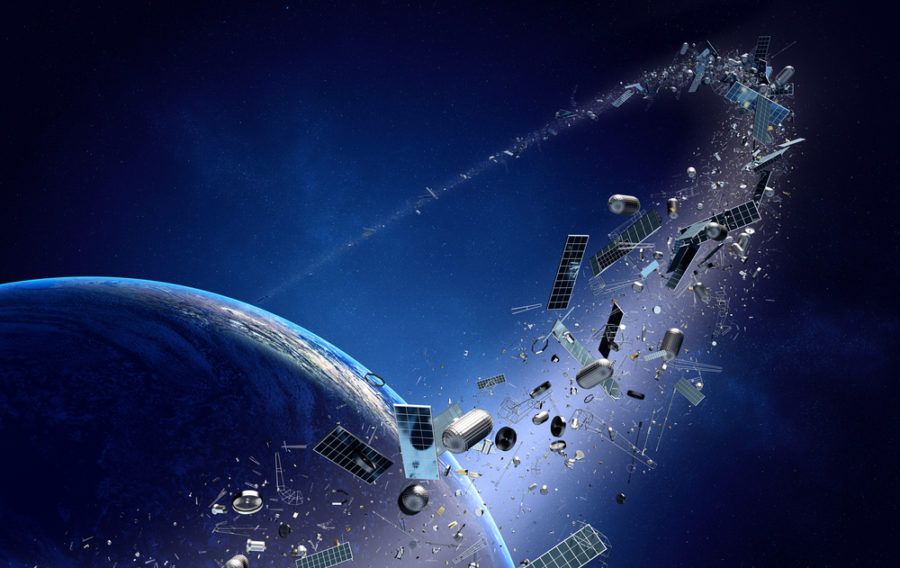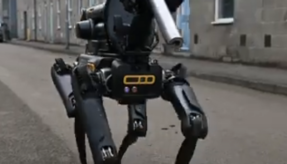
Scientists at the Defence Science and Technology Laboratory (Dstl) are leading an innovative experiment to tackle the growing problem of space junk.
UK scientists at the Defence Science and Technology Laboratory (Dstl) are leading an innovative experiment to tackle the growing problem of space junk.
Hundreds of thousands of manmade objects orbit the Earth, but fewer than 5,000 are operational satellites. The most congested area sits within 2,000 kilometres of the Earth’s surface, known as low Earth orbit (LEO), where collisions can cause further debris. If this problem is not addressed, space junk threatens to make space exploration and satellite launches impossible. It also poses a hazard to existing satellites, which make an important contribution to the UK’s military capability.
To tackle this problem, the Inter-Agency Space Debris Coordination Committee (IADC) has proposed that all LEO satellites should be de-orbited within 25 years.
However, the traditional de-orbiting rocket method is expensive. As part of a large collaboration with industry, government and academia, Dstl space scientists are leading in exploring alternative methods.
The Daedalus experiment – part of the Space Situational Awareness Project in Dstl’s Space Programme – is exploring the effect on satellites of so-called Icarus ‘de-orbit sails’, made of 25 micrometre-thick aluminium-coated Kapton, a high heat-resistant polyimide film. When deployed, the sail increases drag, causing a controlled descent into the Earth’s atmosphere where the satellite will burn up.
Sean Murphy, a Principal Scientist in Dstl’s Space Programme, said: “It’s vitally important that we remove satellites that have reached end of life so they don’t remain in orbit as pieces of space junk. Space junk clutters up the space environment and ultimately pose a hazard to the useful satellites we rely on.”
If you would like to join our community and read more articles like this then please click here
Daedalus experimen Defence Science and Technology Laboratory Dstl Inter-Agency Space Debris Coordination Committee space junk Space Situational Awareness Project







